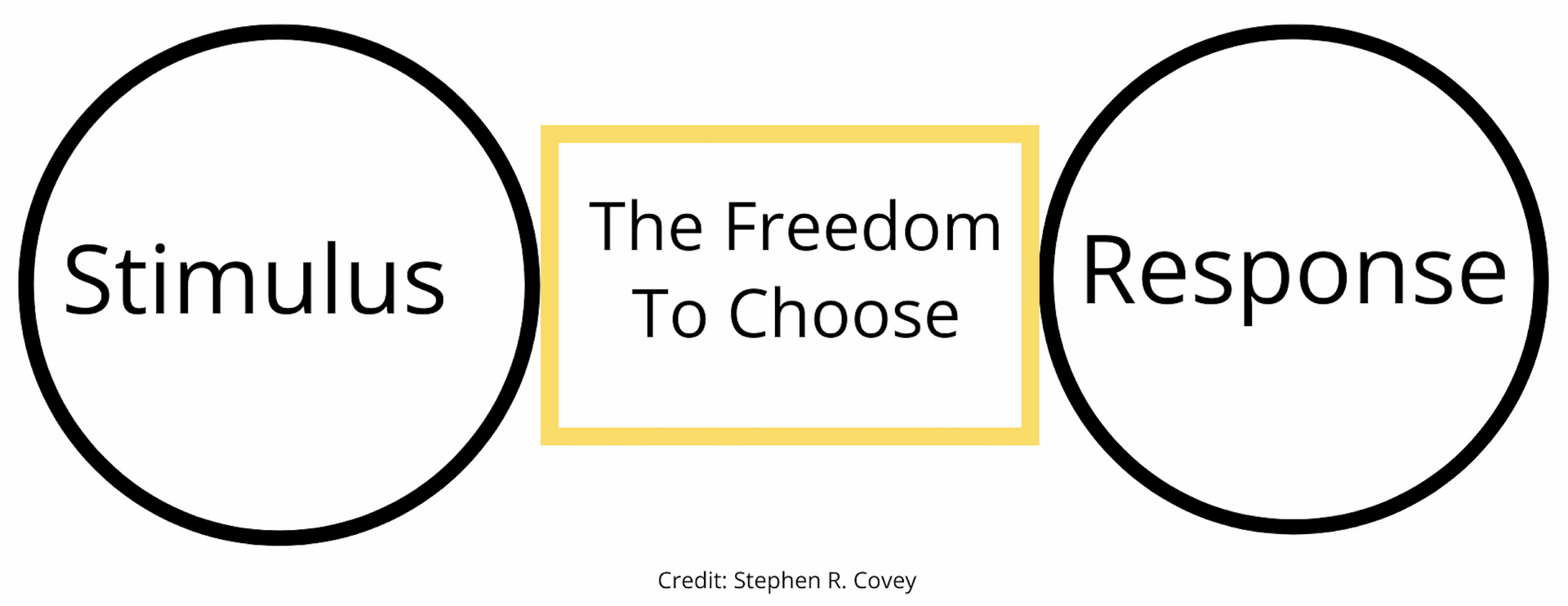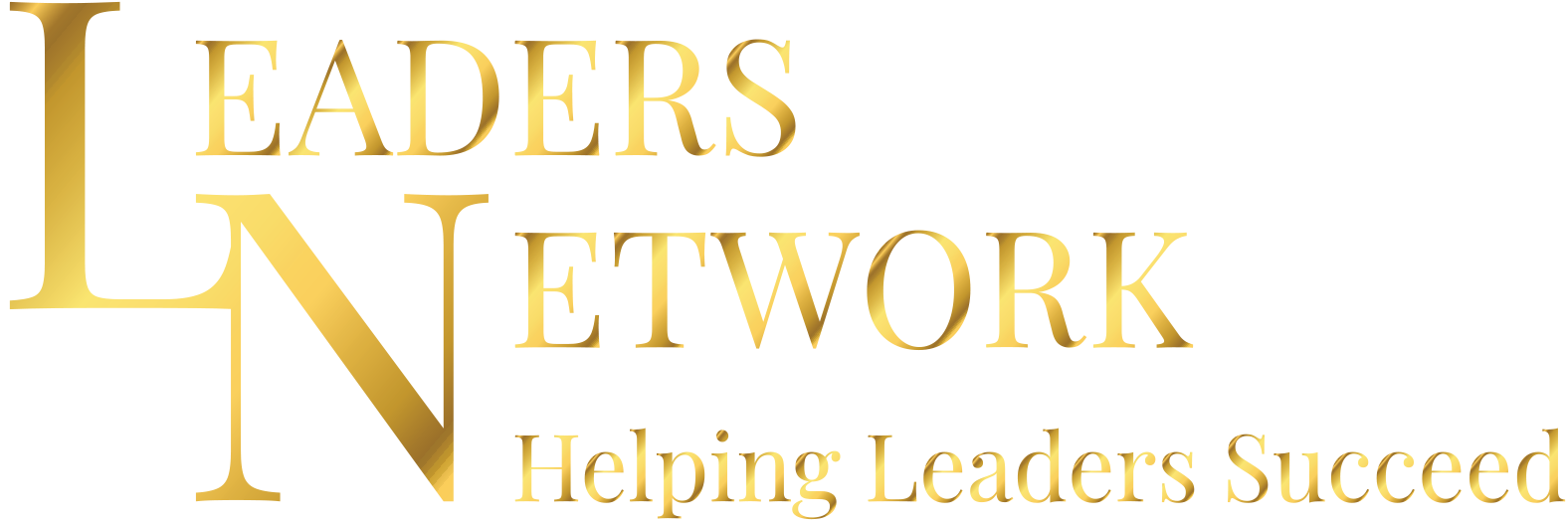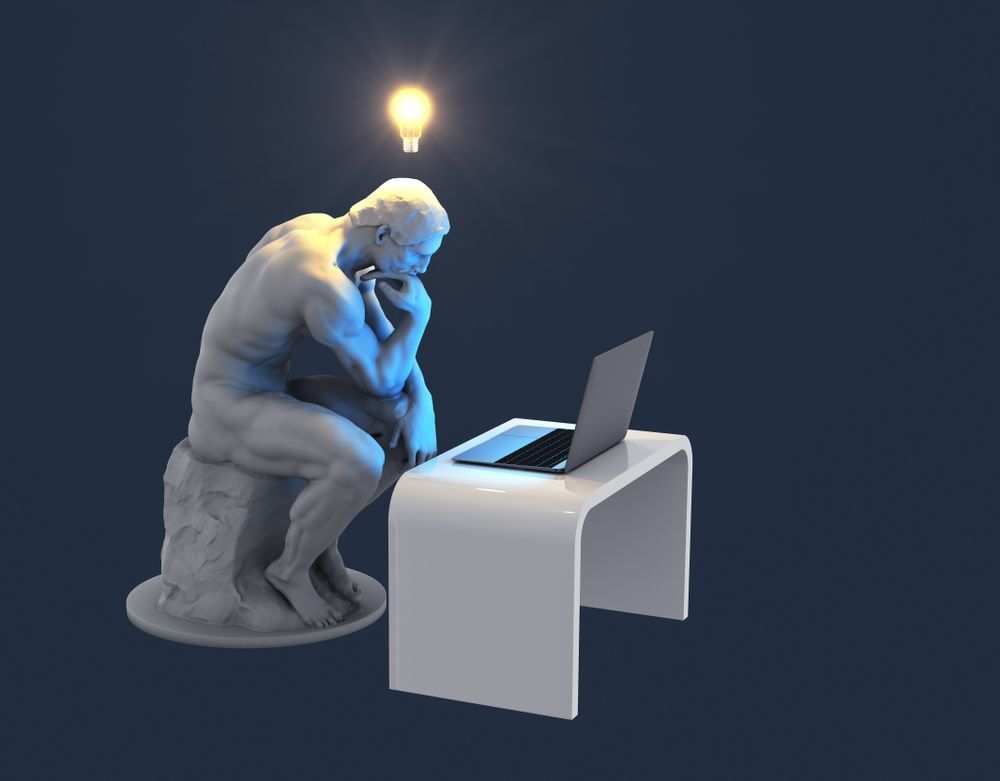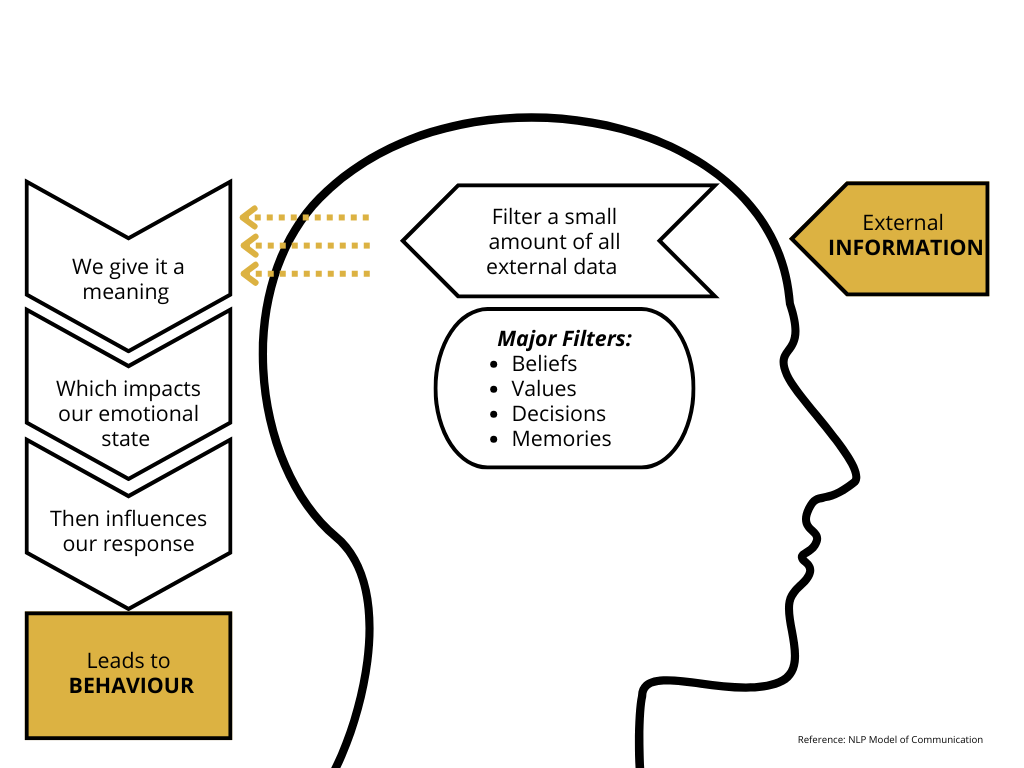Get in touch
Phone: 0438 101 090 / 0408 564 260
Email: hello@leadersnetworkgroup.com.au
Tips to Feel in Control
Feeling in control means knowing you are intentionally shaping your choices and actions. Our capacity to maintain a certain level of control in our lives is crucial for growth and happiness.

We all desire to feel in control, especially in a world of uncertainty!
According to Tony Robbins, humans have six core needs, two of which are certainty and uncertainty. The other four needs are significance, connection, growth, and contribution. We need to experience a degree of stability in our lives and have some predictability about what will happen. The feeling of lacking control threatens our stability and can significantly impact us.
Being human means experiencing constant emotions, encompassing uncomfortable and comfortable feelings. Depending on our awareness and ability to regulate these emotions, we may feel in control or the opposite.
We are constantly exposed to environmental stimuli, which can lead to experiencing specific emotions. We consistently see, hear, taste, and touch things that affect us emotionally. For instance, spotting someone who has hurt you in the past might evoke uncomfortable feelings.
We all experience triggers.
It’s mainly beyond our control, except when we can reduce the frequency of triggers. The environment we create can affect how we react to triggers when they come up. For example, you might find avoiding connection with the person mentioned earlier helpful.
We can control how we respond to the stimulus that causes the trigger.

People behave in two ways when triggered. We will either react or respond.
Reacting means acting without thought. It’s impulsive and often driven by emotions. This frequently leads the person to feel that they lacked control in the situation and might have acted differently had they taken the time to consider their response.
Responding creates a space between the trigger and the behaviour associated with that trigger. In his book, ‘The 7 Habits of Highly Effective People,’ Stephen R. Covey discusses Habit 1, ‘Be Proactive’, referring to this as the ‘space’ between the stimulus (the trigger) and the response. This space allows us to choose how we respond, enabling us to maintain a sense of control.
To maintain a sense of control in your life, it is essential to respond rather than react.
Here are three tips to help you respond and have some control over your life.
Tip #1. Recognise your triggers.
You are aware that you will be consistently triggered. Now, reflect on what, who, when, and where your triggers tend to initiate. This will help prepare you for possible triggers and may help you avoid some triggers from occurring in the future.
Tip #2: Develop strategies for responding when triggered.
If you don’t have any planned strategies when triggered, you will likely react instead of responding. When triggered, we tend to be emotionally driven and lack the rational thinking we have when we are not. Consider developing strategies to employ during these moments. Some examples include taking three deep breaths, walking away, counting backward from ten, closing your eyes and taking a slow breath, looking up, drinking water, journaling, or reciting your mantra.
Tip #3: Be mindful of your emotional state and apply your strategies.
We start each day at a neutral point on the emotional thermostat. Our initial and subsequent thoughts throughout the day can either push us toward the boiling point at the top of the thermostat or the calming point at the bottom. The more we recognise our emotional state heating up toward the boiling point, the more mindful we must be about using strategies that support us when we are triggered, especially as we approach a zone where we might become triggered more quickly than if we remained in a neutral or calming state.
These three interconnected tips emphasise maintaining control over our behaviours by fostering conscious awareness of our thoughts and regulating our emotional state.
Will you always be able to consciously respond instead of impulsively reacting? Probably not, but like anything, the more you understand what you can control and practice your strategies, the more often you will succeed. This will help you regain control even when you don't feel that way.
It’s also important to note that we often feel disappointed in our reactions when we react instead of respond. Reflect on the fact that you didn’t use a strategy, think about what you want to do the next time a similar situation arises, and then let it go.
Don’t waste your energy berating yourself for being human!
The aim is to be proactive rather than reactive and set yourself up for success with your toolkit of strategies, allowing you to respond to anything that comes your way.
Want to expand your thinking and take your leadership to the next level?
Schedule your free 45-minute consultation today!





